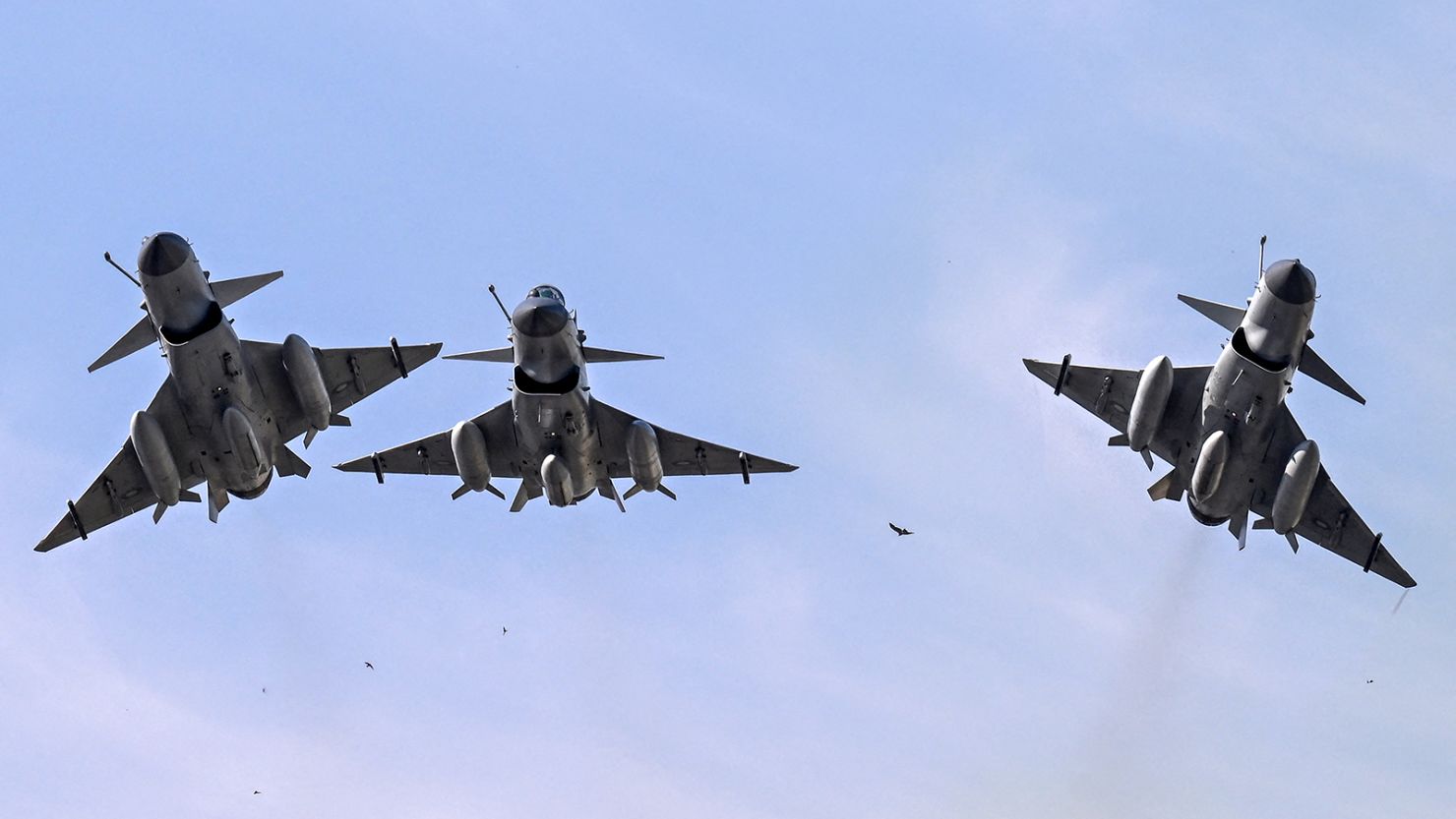
By Steve El Sabai
Pakistan has signed a landmark defense deal valued at more than $1.5 billion with Sudan, marking one of the largest military cooperation agreements between the two countries in recent years. The pact was sealed during a high-level visit to Islamabad by Lieutenant General Pilot Al-Tahir Mohamed Al-Awad Al-Amin, Commander of the Sudanese Air Force, who was accompanied by the Commander of Sudanese Air Defense and senior officials from the Sudanese Military Industry Corporation.
The Sudanese delegation met with Pakistan’s Minister of Defence, the Chief of the Pakistan Air Force, and other senior figures before finalizing the agreement. The deal encompasses a wide range of military hardware and support systems, including advanced aircraft, multiple classes of unmanned aerial vehicles, engines for MiG-21 fighter jets, armored vehicles, and sophisticated air defense systems. Such an extensive package underscores Pakistan’s rising stature as a defense exporter, while also demonstrating Sudan’s determination to strengthen its military capabilities in the midst of an ongoing civil conflict.
Analysts suggest that the scale of the agreement is likely beyond Sudan’s domestic financial capacity and may be supported by a third-party country. This raises broader geopolitical questions, especially given the overlapping interests of regional players like Turkey, a long-standing ally of both Pakistan and the Sudanese military. Pakistan’s deepening ties with Turkey in defense production and technology transfer provide important context, as Ankara has consistently backed Sudan’s military leadership throughout its turbulent political crisis.
The timing of the deal is significant. Sudan remains engulfed in a devastating internal war that has displaced millions, drawn global concern, and triggered urgent calls for dialogue. By choosing to channel billions into military expansion, Khartoum is signaling a preference for pursuing a battlefield solution rather than compromise or negotiation. For Pakistan, meanwhile, the deal showcases its ability to project influence beyond South Asia and into Africa, aligning its defense industry with global markets hungry for affordable yet capable systems.
While the contract is being hailed in Islamabad as a major commercial and strategic achievement, international observers warn that it could further inflame the Sudanese conflict, worsening an already dire humanitarian situation. Nonetheless, the agreement highlights a growing pattern of defense diplomacy where Pakistan leverages its industrial capacity to cement alliances and secure geopolitical leverage, even in conflict zones.







